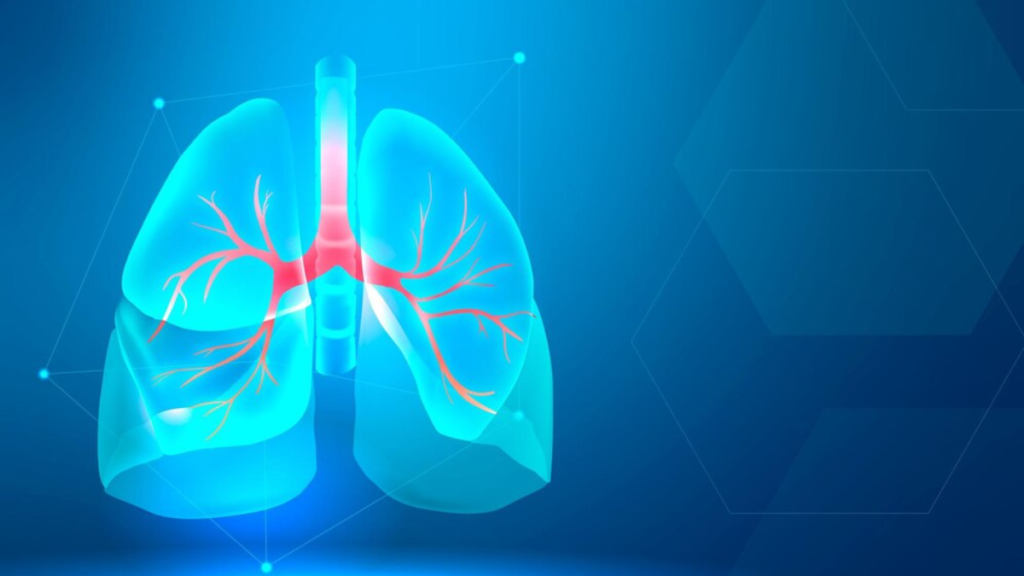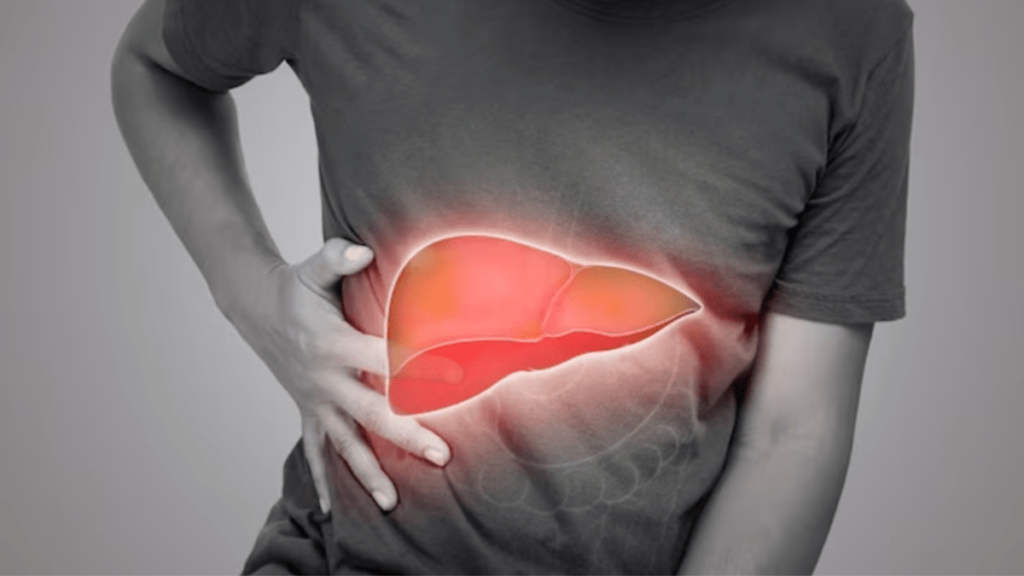Introduction:
Smoking and drinking are two prevalent habits that have long been intertwined with social norms, relaxation, and even celebration. However, beneath the veneer of social acceptance lies a stark reality: both smoking and excessive drinking pose significant risks to health and well-being. In this blog, we’ll delve into the multifaceted ways in which these habits wreak havoc on the human body, exploring the detrimental effects they have on various organs and systems.
The Hazards of Smoking:
Cigarette smoking remains one of the leading preventable causes of death worldwide, claiming millions of lives annually. Here’s a closer look at why smoking is so injurious to health:
Respiratory System:

Smoking damages the respiratory system, leading to conditions like chronic bronchitis, emphysema, and lung cancer. The toxic chemicals in cigarette smoke impair lung function, causing coughing, wheezing, and shortness of breath.
Cardiovascular Health:

Smoking is a major risk factor for cardiovascular diseases such as coronary artery disease, stroke, and peripheral artery disease. It accelerates the buildup of plaque in the arteries, leading to narrowed blood vessels and increased risk of heart attack and stroke.
Cancer Risk:

Tobacco smoke contains carcinogens that can cause cancer in various parts of the body, including the lungs, mouth, throat, esophagus, bladder, and pancreas. Smoking is responsible for a significant proportion of cancer-related deaths worldwide.
Reproductive Health:

Smoking harms reproductive health in both men and women. It can reduce fertility, increase the risk of pregnancy complications, and contribute to erectile dysfunction in men. Pregnant women who smoke are at higher risk of miscarriage, preterm birth, and birth defects in their babies.
The Perils of Excessive Drinking:
Liver Damage:

The liver is particularly vulnerable to the effects of alcohol. Excessive drinking can lead to liver inflammation (alcoholic hepatitis), fatty liver disease, fibrosis, and ultimately, cirrhosis—a condition characterized by irreversible scarring of the liver tissue.
Increased Cancer Risk:

Chronic alcohol consumption is associated with an increased risk of various cancers, including those of the liver, breast, esophagus, throat, and colon. Alcohol can damage DNA, disrupt hormone levels, and impair the body’s ability to metabolize carcinogens.
Mental Health Disorders:

Alcohol abuse is linked to a range of mental health disorders, including depression, anxiety, and alcohol use disorder (AUD). Excessive drinking can exacerbate existing mental health issues and impair cognitive function, leading to memory problems and impaired judgment.
Cardiovascular Complications:

While moderate alcohol consumption may have cardiovascular benefits, excessive drinking can have the opposite effect. It can raise blood pressure, increase triglyceride levels, and contribute to the development of heart disease, including cardiomyopathy and arrhythmias.
Conclusion:
In light of the overwhelming evidence highlighting the detrimental effects of smoking and excessive drinking, it’s imperative to recognize the importance of moderation and, in the case of smoking, complete cessation. By quitting smoking and practicing responsible drinking habits, individuals can significantly reduce their risk of developing a myriad of health problems and improve their overall quality of life. Education, awareness, and access to support services are critical in empowering individuals to make healthier choices and break free from the grip of these harmful habits. Remember, the journey to better health begins with a single decision to prioritize well-being over temporary indulgence.












